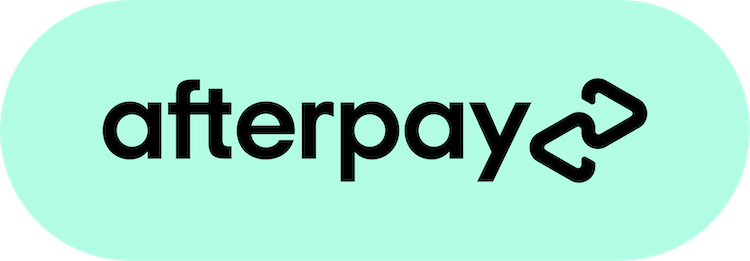We are a family-owned company since 1976
A Danish design company with roots deeply grounded in Scandinavian design and tradition for good craftsmanship. We are owned by Jesper and Vibeke Panduro, who live with their two children in the Northern harbour city of Aalborg. This is where Skagerak was founded too, back in 1976, when the first dreams of making long-lasting design took form.
We know that Skagerak [ˈsɡæjɐʁaɡ] can be a little hard to pronounce; so allow us to explain what it means. From the northern tip of Denmark runs a strait connecting our little country with our Scandinavian neighbours: Sweden and Norway. That strait is called Skagerrak (with two Rs) – and historically it’s been a crucial factor in developing the Nordic region.
We like to think of ourselves as similar to the strait: forever the same – unchangeable – yet always on the move and presented in new ways. We are old and traditional, but also new and experimenting – constantly mixing state-of-the-art ideas and methods with longstanding know-how and virtues deeply embedded in the Nordic culture.
We craft long-lasting design
For more than 40 years we’ve been crafting long-lasting furniture and accessories with a modern, Nordic touch – and when we say long-lasting, we really mean it!
All of our products are meant to live on for generations – designed with a timeless expression and from the best quality materials only. That’s why we have a proud collection of benches, stools, cutting boards and much more. At Skagerak, classics are living side-by-side with brand new designs yet to write their own history.
Knowing that good quality comes from good partnerships – we take pride in building up long-standing and honest relationships with our designers, employees and suppliers. That’s shown in our design collaborations with more than 30 international and Danish designers today; all sharing our vision for durable design crafted with a purpose.
We have a global supply-chain
We endorse transparency when it comes to production and sourcing of materials in the design industry, and we encourage everyone to start thinking more about where their products are made, what they are made of and not least under what circumstances. That’s why we’ve taken the first step towards a more transparent supply-chain with the creation of this interactive world-map, highlighting all the countries we are producing in, and what materials they mainly process there.
We are a certified B Corp
In 2016 we joined the B Corp movement – looking for new ways to use our business as a force of good. B-corps are certified ‘benefit corporations’ meeting the highest standards for social and environmental performance, accountability and transparency.
For us to join B Corp, the goal is not to compete to be the best in the world – but to help each other becoming the best FOR the world. As a globally operating company, we have a great responsibility for today’s development – for good and for worse. That’s why we strive to keep the utmost quality in three aspects: design, production and our relation to people and the planet. We don’t think of sustainability and profit as contradictions. To us, these two concepts are each other’s most important prerequisites. And therefore, we embrace the idea of a triple bottom line, measuring our success not just on economic performance but also in relation to people and the planet.
Today, there is a growing community of more than 2,600 Certified B Corps from 60 countries and over 150 industries working together toward 1 unifying goal: to redefine success in business.
We produce responsibly
The quality of design should not only be measured by the quality of materials, looks and functions – true quality is only achieved if it’s made under responsible conditions; not harming people or the planet. One important tool when trying to ensure a responsible production of all of our designs is our Code of Conduct (CoC).
Our CoC is based on these 11 principles:
-
The Rights of Freedom of Association and Collective Bargaining
-
Fair Remuneration
-
Occupational Health and Safety
-
Special Protection for Young Workers
-
No Bonded Labour
-
Ethical Business Behaviour
-
No Discrimination
-
Decent Working Hours
-
No Child Labour
-
No Precarious Employment
-
Protection of the Environment
We support sustainable wood sourcing
One important step towards a more sustainable design industry is to support responsible wood sourcing and forest management. That is why we endorse the Forest Stewardship CouncilTM by increasing the total share of FSCTM-certified wood in our production. Doing so, we help to make sure that no more trees are felled than the forest can reproduce – and that local communities, biodiversity and forest workers are treated with respect. Since the FSCTM certification is covering some areas of the world more thoroughly than others, we also take in PEFC-certified wood from Canada and the like. The share of FSCTM-certified wood in our total production is currently 55% and we are working towards ensuring a 100% coverage by the end of 2025.



